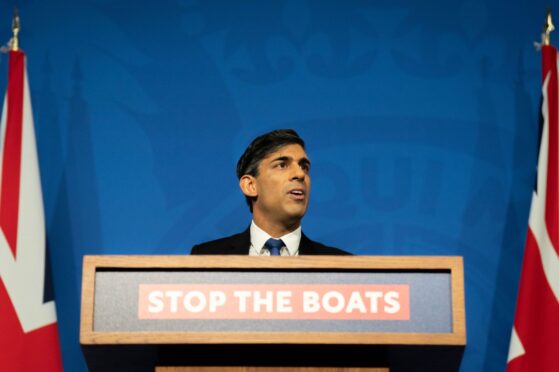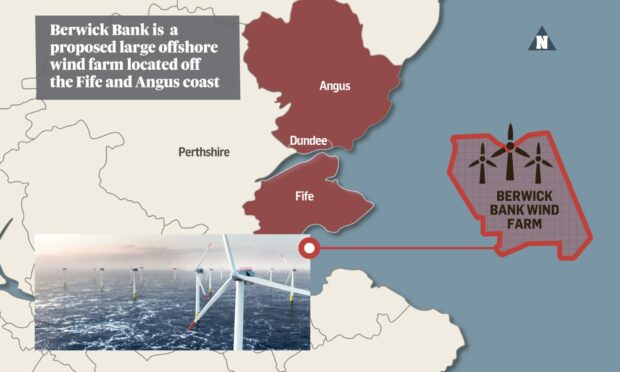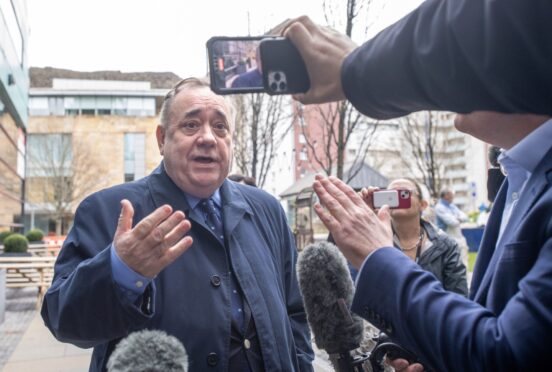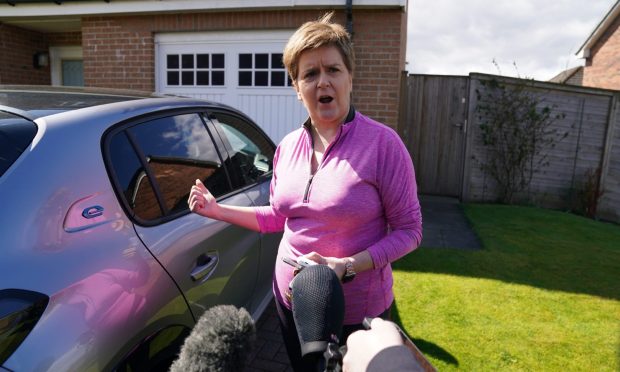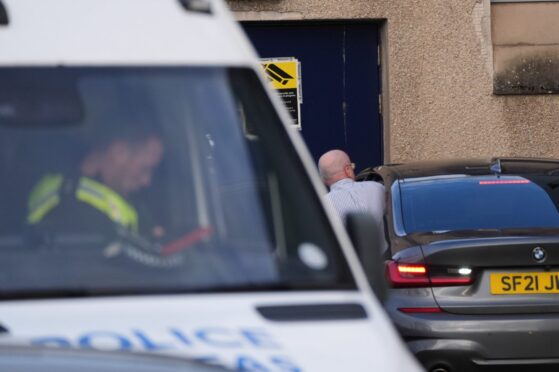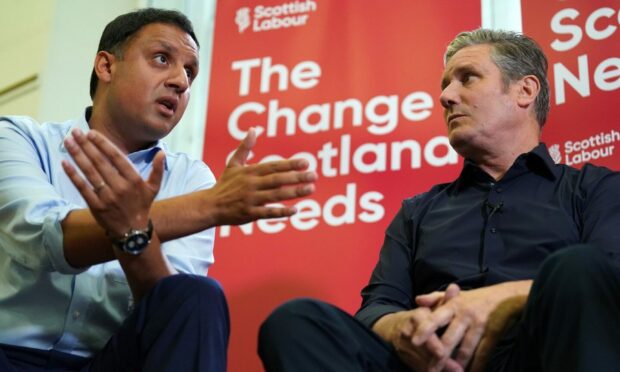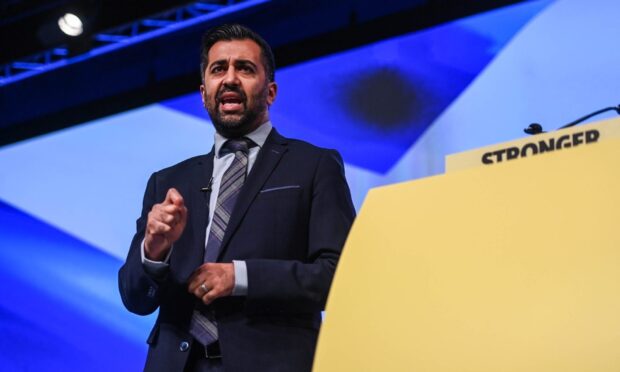There has been a minor increase in support for Scottish independence, but a majority of Scots would vote No if a second independence referendum was held before Britain leaves the EU, according to a new poll.
A YouGov poll of more than 1,000 Scots found 46% of respondents would vote for Scottish independence, while 54% want to remain in the UK, a change of 1% in favour of independence since the 2014 referendum result of 45% Yes voters and 55% No.
The survey, carried out for The Times newspaper, found 12% of No voters had moved to the Yes camp but 13% of Yes voters have shifted in the opposite direction.
Pollsters questioned 1,039 Scottish adults earlier this week and found the majority do not want an second independence referendum before the UK leaves the EU, while 37% are in favour and the rest undecided.
Meanwhile, a report by think tank Common Weal claims an independent Scotland could save between £800m and £2bn a year in a study of options to apportion debt and assets in the event of a split from the UK.
The report claims: “The UK Government position that an independent Scotland would automatically be responsible for paying a full proportional share of the UK’s debts whilst expecting nothing in return is a position completely at odds with the historical reality of separation negotiations.”
However, Scottish business leaders have urged a rethink on a new drive for Scottish independence, warning that it would add “fresh uncertainty” while businesses are seeking stability.
In a letter to the Scotsman newspaper, figures including former CBI Scotland head Sir Iain McMillan and former Scottish Enterprise chief executive Jack Perry, called on Nicola Sturgeon to honour the Edinburgh Agreement signed by the UK and Scottish Governments before the 2014 referendum.
They said: “A failure to do so, by re-starting an unwanted referendum campaign, would be tantamount to a major breach of trust by the Scottish Government to the two million Scots voters who voted No in the 2014 independence referendum.”

